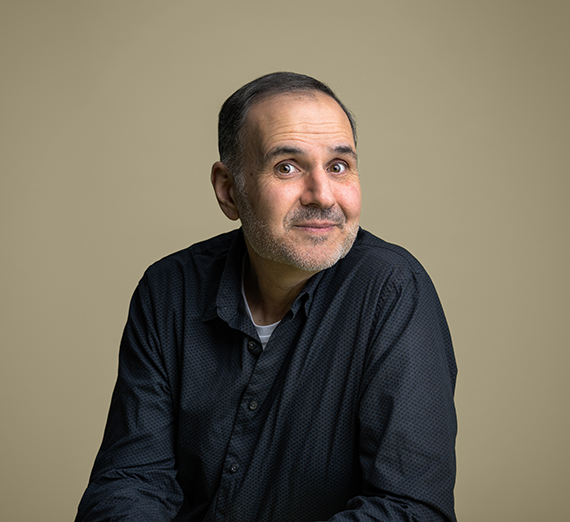You Can Quote Me On That

Before becoming the new Dean of the School of Leadership Studies in summer 2023, I traveled the globe in an attempt to help others transform education. I have presented to faculty, presidents, ministers of education and even politicians in 49 states and 44 countries around the world, all with similar problems surrounding a failing education system.
But my thesis can likely be summed up by Dan Pink, who wrote in “Drive” (2005): “There is a significant gap between what scientists know about how our brains work and what organizational behaviorists will tell you our institutions do.”
If you have read “Nudge” by Thaler & Sunstein (2008), you may remember reading how most people think that they are “above average” at most any activity they participate in. Most drivers think they are better at driving than most drivers. Most parents think they are better at parenting than most parents. Most professors think they are better at teaching than most professors. Most CEOs think they are better at leadership than most CEOs.
Besides the mathematical impossibility, we all know how untrue those notions are, right? We experience bad drivers every time we leave our houses. How many people are in therapy at any given time trying to overcome bad parenting? We’ve all had professors we couldn’t believe were hired in the first place and we’ve all had bosses who we secretly hoped would be sent to the Tampa office. (Sorry, Tampa.)
Most people believe themselves to be leaders; in fact, most people think they are really good at leading. Many people inappropriately confuse leadership with managing or directing, just as companies report “leading” the market with innovative products. We hear politicians railing against the opposition that we need better leadership only to turn around and yell, cajole, lie and inflame.
But we know good leadership in 2024. While there is no single formula, there are a handful of crucial principles that can be combined with various strategies to build culture, promote productivity, establish efficacy, create satisfaction and give people a sense of purposeful pride.
At the same time, we know more about leading than ever before. Going back to the previous examples, how does one lead people who already feel they have mastered everything? How do effective leaders deal with the noise of back channels or the problem that people have simply stopped believing in facts if those facts differ from their desired opinion? Again, with principles and strategies that involve communication, organization, change, adaptivity and intentionality, which happen to be core competencies of the School of Leadership Studies.
I’m excited to help students explore how to adapt leadership styles and strategies to an ever-changing world. Because our world needs more powerful and purposeful leaders. And you can quote me on that.
